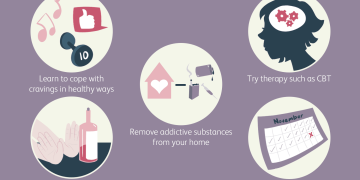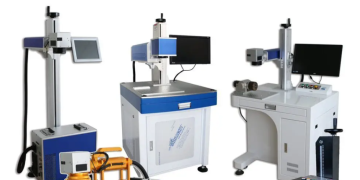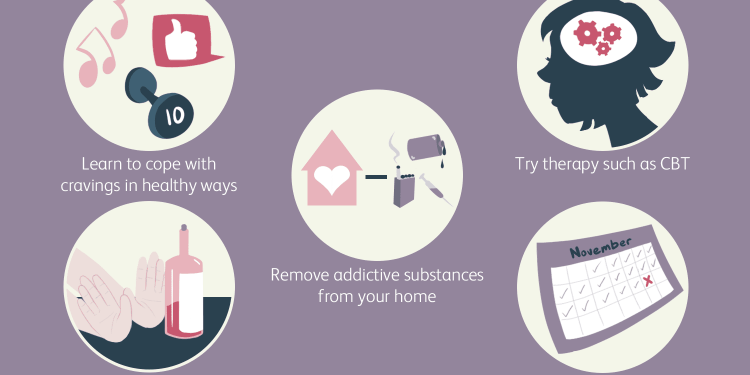Alcoholism is a chronic disease characterized by compulsive drinking, loss of control, and preoccupation with alcohol.
The vice does not only take a toll on one’s mental and physical health. It also leads to relationships strains and clouds one’s better judgment. Other long-term symptoms include insomnia, changes in weight, lack of concentration, and memory loss.
As detrimental as it can be, the truth is alcohol addiction is treatable. Sadly enough, according to the National Center for Drug Abuse Statistics (NCDAS), about 10% of alcohol addicts in the U.S. receive the treatment they need to make a lasting change in their lives.
There are multiple proven treatment alcohol abuse therapy options. Well-established rehab centers incorporate such treatment methods in their alcohol recovery programs to help people suffering from alcoholism get back on track.
The most popular forms of alcohol abuse therapy include:
Behavioral Therapy
Behavioral therapy can be used to help people struggling with alcohol problems. This type of therapy uses different techniques that help change a person’s behavior toward drinking.
Behavioral therapy involves motivational enhancement and a community reinforcement approach for the best results.
Psychotherapy
People with a severe addiction to alcohol can benefit from psychotherapy. Psychotherapy can help them discover the underlying causes of the addiction and identify factors that may contribute to the problem.
The patient can then learn how to cope with these issues healthily and avoid falling back into addiction. People’s primary type of psychotherapy for alcohol problems is called cognitive-behavioral therapy (CBT). This kind of therapy helps people change their thoughts and behaviors that may be contributing to their drinking problem.
Support Group Therapy
This type of psychotherapy that people often use when recovering from alcohol problems. Support groups include Alcoholics Anonymous (AA), Women for Sobriety, and more.
These groups are usually free and involve meeting in person with other group members to share each other’s experiences and support one another.
Motivational Interviewing
Motivational interviewing is incorporated in most alcohol recovery programs. It is a client-centered form of therapy in which the client sets their own goals. The therapist’s role is to encourage, motivate and support the client to achieve these goals. The person with an alcohol problem decides on their own that they want and need help.
This type of counseling is not designed to teach the patient what they should and should not do. Instead, it helps them get to the point where they can recognize for themselves what positive steps they can take.
Looking for the Best Alcohol Recovery Programs?
Alcohol abuse comes with an array of health issues such as cancer and cirrhosis of the liver. Not only that, alcoholics experience physical withdrawal once they stop taking alcohol.
The good news is there are many effective alcohol treatment options available today. No matter what stage you are in your drinking problem, you can overcome your addiction through any of the different forms of therapy highlighted in this article.





























































